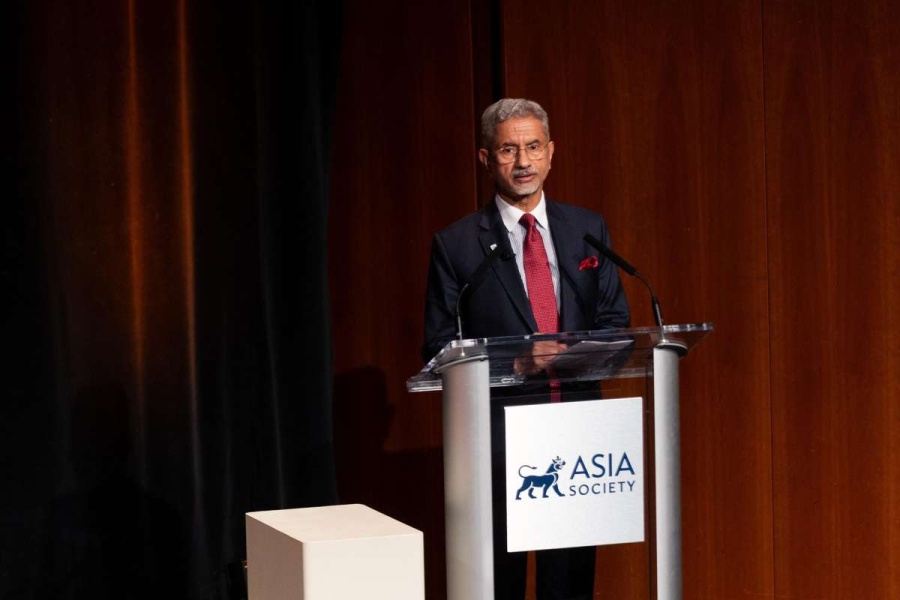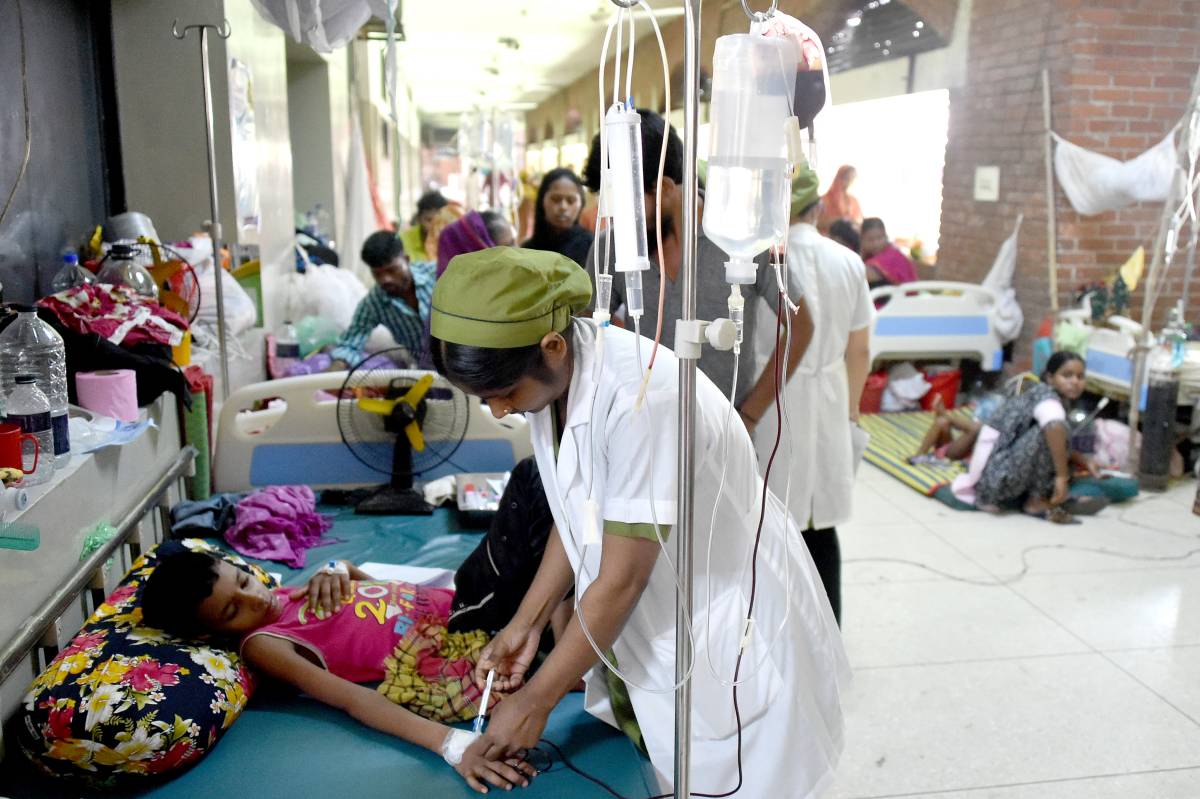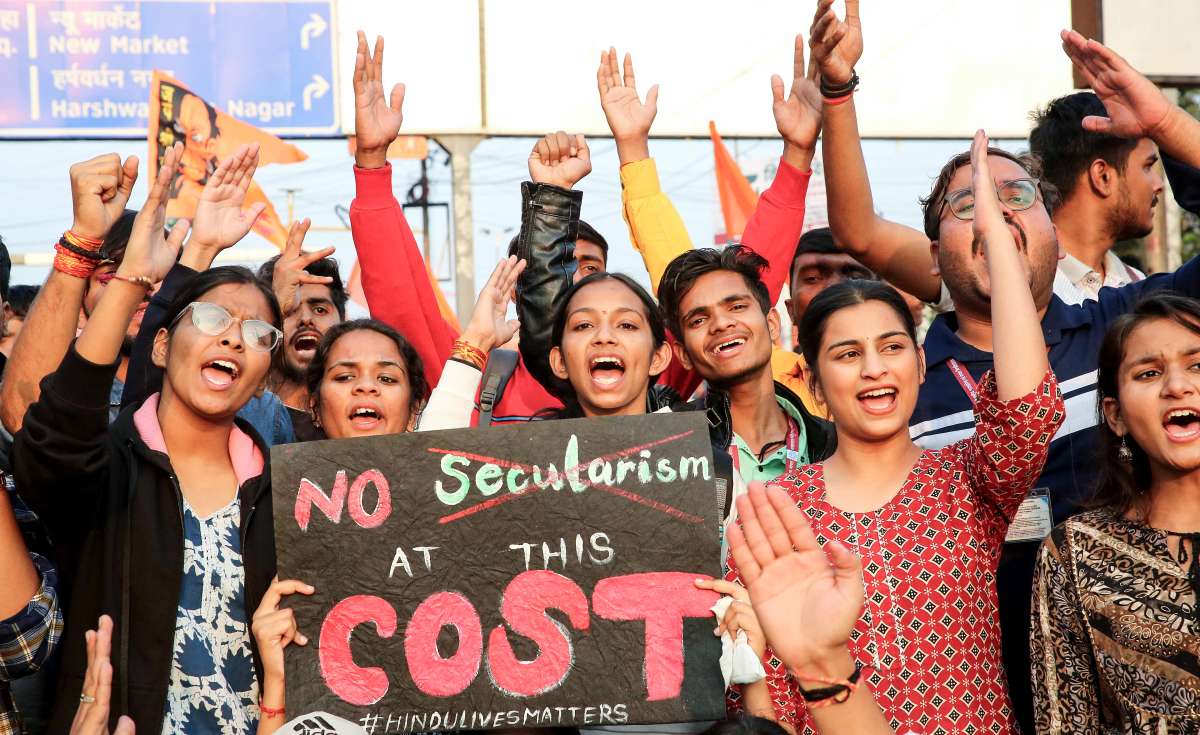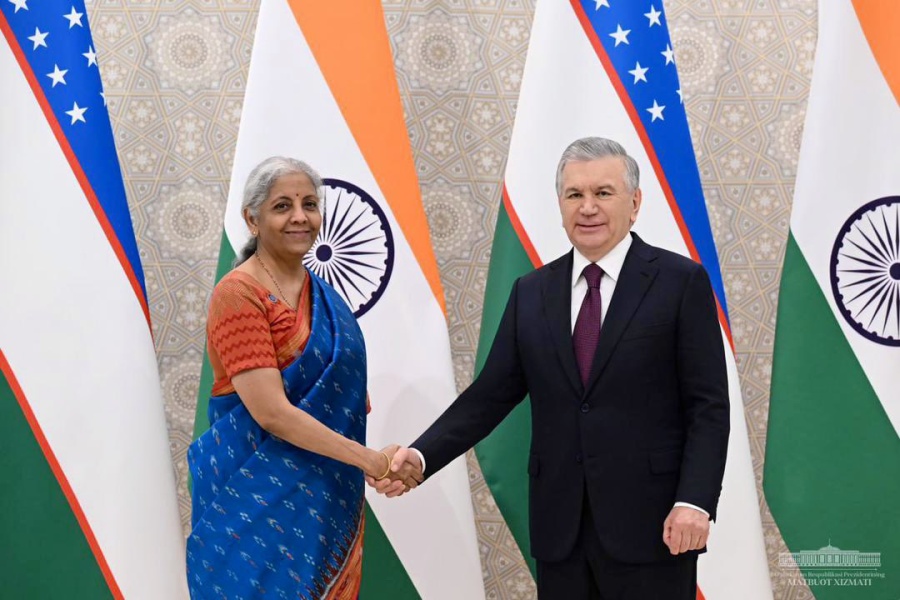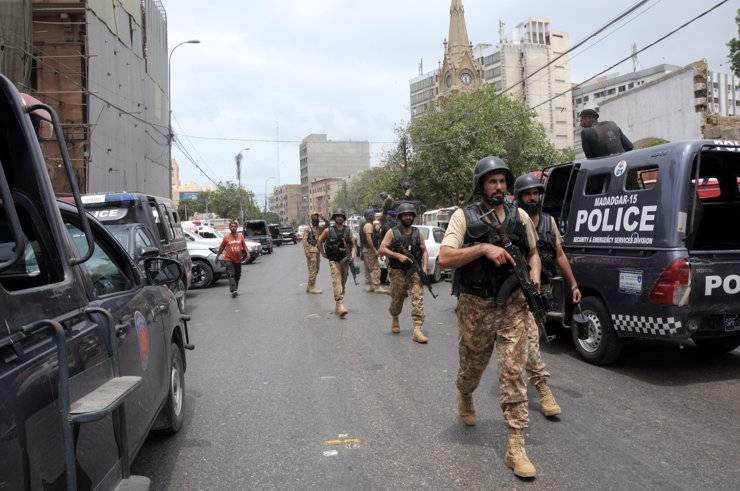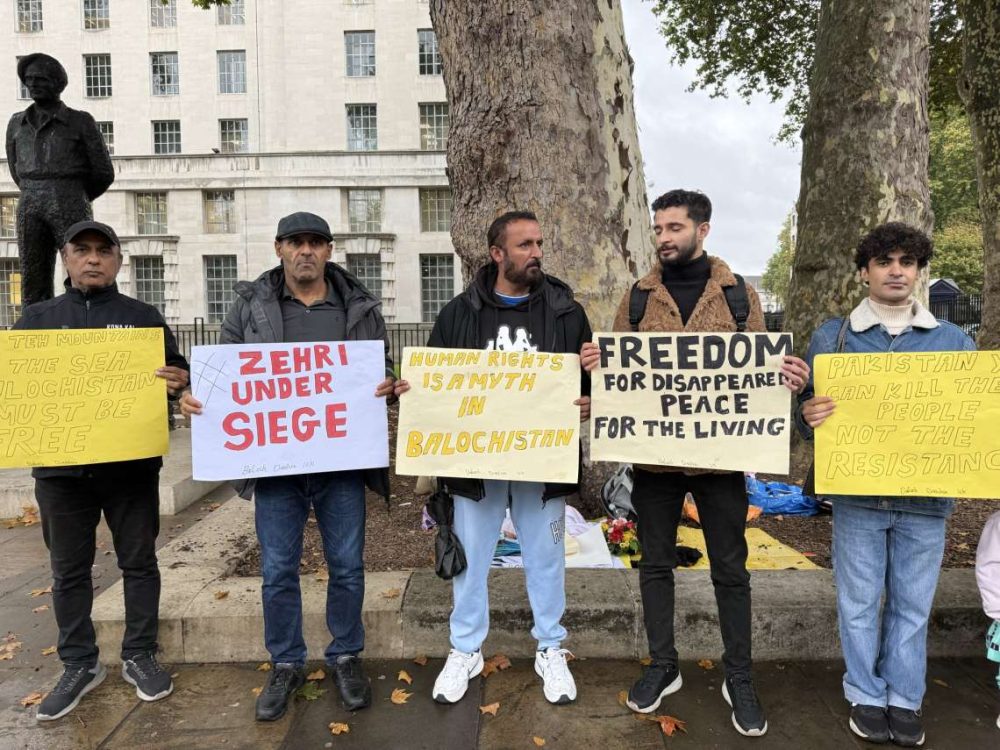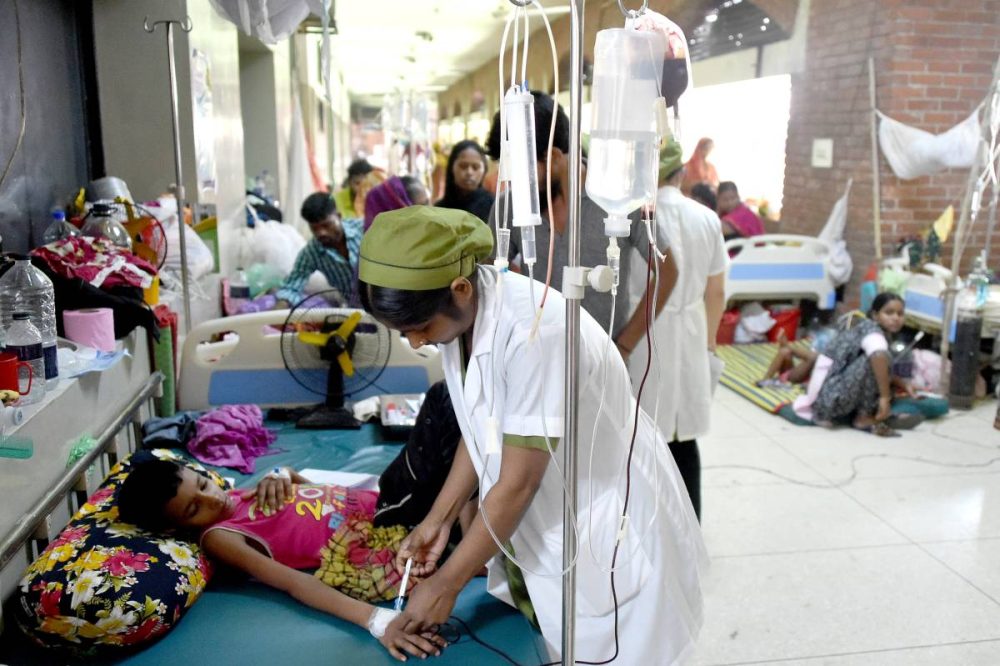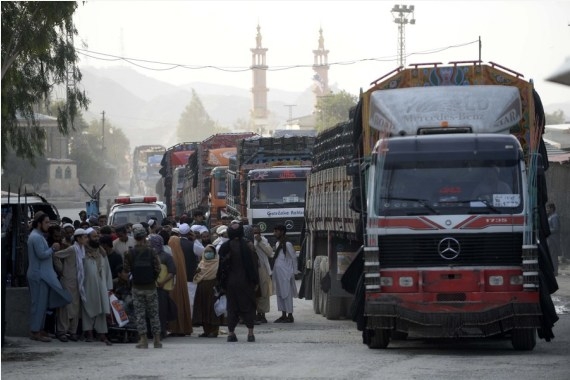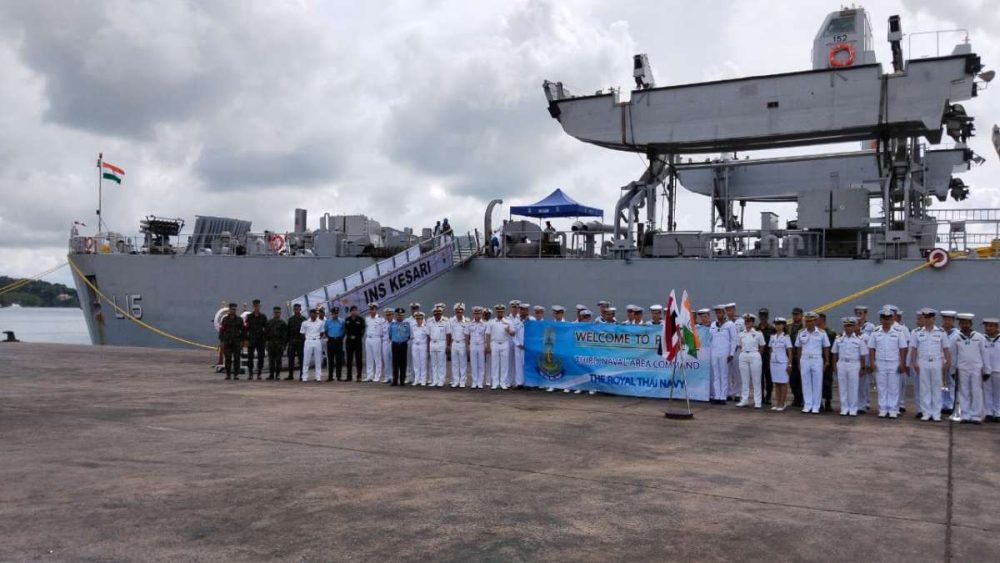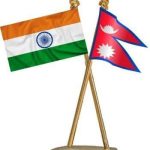During a discussion at Asia Society in New York, Jaishankar emphasised India’s focus on fostering economic regionalism in South Asia….reports Asian Lite News
External Affairs Minister S. Jaishankar has stated that India does not aim to control the political dynamics of its neighboring countries. While India may not always find those dynamics desirable, it remains confident that the fundamental realities of interdependence will ensure constructive and positive relationships. His comments come at a time of political changes in Bangladesh and Sri Lanka, raising questions about their ties with India.
During a discussion at Asia Society in New York, Jaishankar emphasised India’s focus on fostering economic regionalism in South Asia. Addressing concerns about India’s “non-reciprocal” approach to its neighbors, he highlighted how India stepped in to stabilize Sri Lanka’s economy during its crisis without attaching political conditions. He noted that India’s involvement was driven by the desire to prevent an economic collapse at its doorstep, rather than any political agenda.
Jaishankar further remarked that each neighboring country has its own political dynamics and choices, and it is not India’s intention to dictate those choices. Instead, he expressed confidence that nations would find ways to adjust and collaborate constructively despite their differing internal politics.
Earlier this week, Jaishankar held a bilateral meeting with Bangladesh Foreign Affairs Advisor Touhid Hossain on the sidelines of the UN General Assembly in New York, marking the first high-level engagement between India and Bangladesh’s interim government, led by Muhammad Yunus after Sheikh Hasina’s ouster as Prime Minister, last month.
The meeting focused on “strengthening” the bilateral ties between the two neighbouring countries and addressed mutual interests.
“Had a meeting with Foreign Affairs Advisor Md. Touhid Hossain of Bangladesh in New York this evening. The conversation focussed on our bilateral ties,” EAM Jaishankar posted on X.
The two ministers met only a few hours after the Bangladesh Foreign Ministry had lodged a “diplomatic protest” with the Indian High Commission in Dhaka on Monday in response to recent remarks made by Union Home Minister Amit Shah “regarding Bangladeshi nationals” during his visit to Jharkhand.
The Bangladesh MFA’s statement has received massive criticism, and it is expected that EAM Jaishankar would have conveyed New Delhi’s disappointment over the issue during his meeting with Hossain, which was also attended by Foreign Secretary Vikram Misri.
Even though India continues to bat for normalisation of relations following last month’s events and continued targetting of the Hindu community in Bangladesh, the interim government in Dhaka has been accused of making groundless statements over the past few weeks.
Last month, the Ministry of External Affairs (MEA) dismissed as “baseless” the allegations levelled by Bangladesh’s interim government that India is “deliberately” letting more water flow into the neighbouring country.
“We have seen media reports of the opening of Farakka barrage gates that will allow the flow of over 11 lakh cusecs of water downstream of the river in its natural course into the Ganga/Padma river. This is a normal seasonal development that takes place due to increased inflow from heavy rainfall in the Ganga river basin catchment areas upstream,” said MEA spokesperson Randhir Jaiswal on August 26.
New Delhi expressed concerns over “fake videos, rumours and fear-mongering to create misunderstanding”, stating that the entire data, as per protocol, is shared with the concerned Joint River Commission officials in Bangladesh on a regular and timely basis.
“It is to be understood that Farakka is only a barrage and not a dam. Whenever the water level reaches the pond level, whatever inflow comes that passes. It is merely a structure to divert 40,000 cusecs of water into the Farakka canal that is carefully done using a system of gates on the main Ganga/Padma river, while the balance water flows into the main river to Bangladesh,” he added while firmly countering the rumours with facts.
There was also intense media speculation about a meeting between PM Modi and Mohammad Yunus taking place on the sidelines of the UN ‘Summit of the Future on Monday’. However, it was not scheduled due to the different arrival and departure timings of the leaders.
Asked about this at a news conference, Foreign Secretary Vikram Misri said, “The Prime Minister is leaving in a few minutes from now. The Chief Advisor of Bangladesh is not here yet, so there hasn’t been any possibility of a meeting on this occasion.”
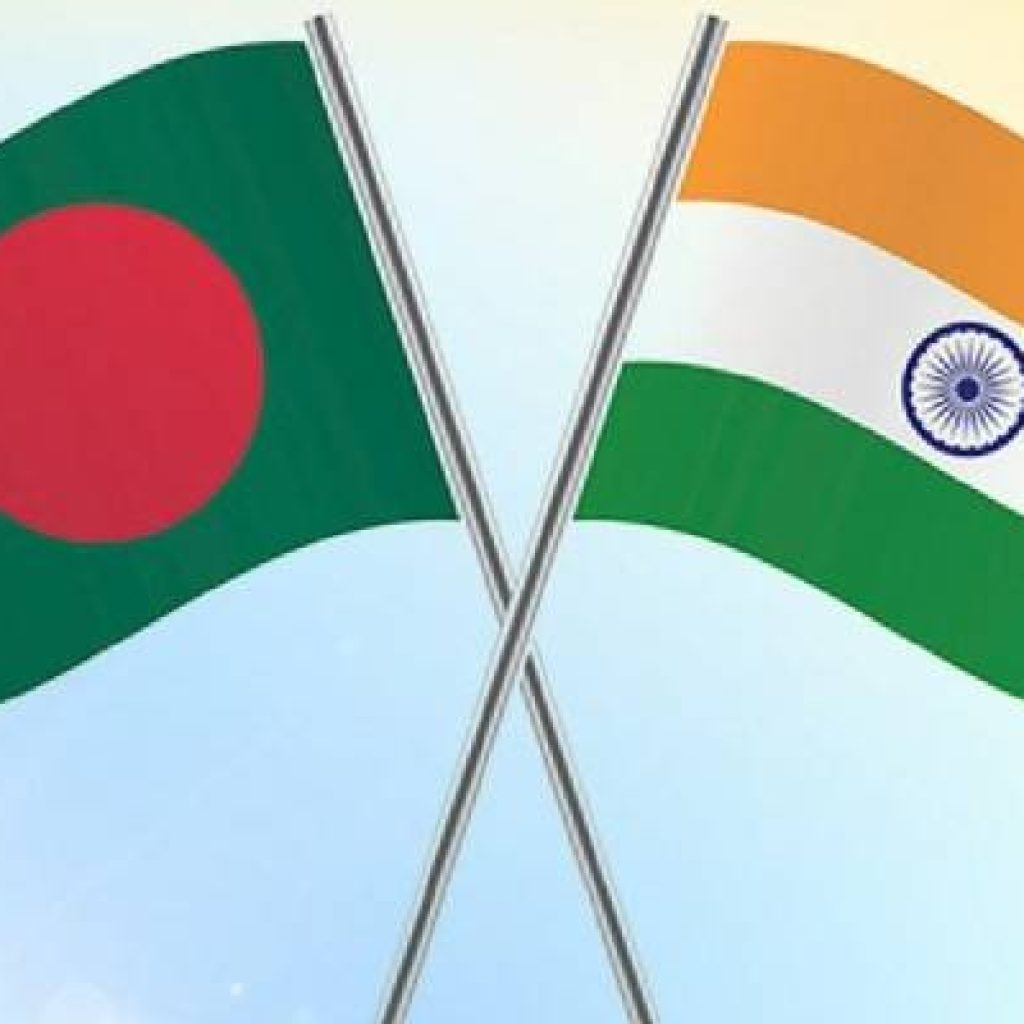
B’desh to hold talks with India over sharing river water
Bangladesh is preparing to initiate negotiations with India on sharing the waters of transboundary rivers, an adviser to the interim government announced on Wednesday.
A deal on the Teesta river water-sharing was initially set for signing during former Indian Prime Minister Manmohan Singh’s 2011 visit to Dhaka.
However, West Bengal Chief Minister Mamata Banerjee refused to support the agreement, citing a water shortage in her state.
Speaking at a seminar titled Bangladesh’s Fair Share of Water in Shared Rivers, Water Resources Adviser Syeda Rizwana Hasan stated that the negotiations with India will proceed soon, taking into account public opinion.
The outcomes will be shared transparently with the people. She emphasized that while water-sharing between nations is complex, the exchange of essential information—like rainfall data and river structures—should not be politicized.
Sharing such data is vital to preventing harm and protecting lives.
Rizwana also highlighted that while Bangladesh cannot approach international courts unilaterally, both countries must do so collectively.
She described data sharing as a humanitarian issue and reiterated that Bangladesh would clearly and firmly assert its claims.
Moreover, she stressed the importance of safeguarding the country’s internal rivers, describing them as “living entities.”
Earlier this month, Chief Adviser Muhammad Yunus had similarly voiced the interim government’s commitment to resolving the Teesta water-sharing dispute with India, emphasizing the need for clarity on the water-sharing terms, even if the agreement is not ideal.
ALSO READ: Jaishankar holds talks with UK Foreign Secretary
ALSO READ: Jaishankar says future of Asia hinges on India-China relations


